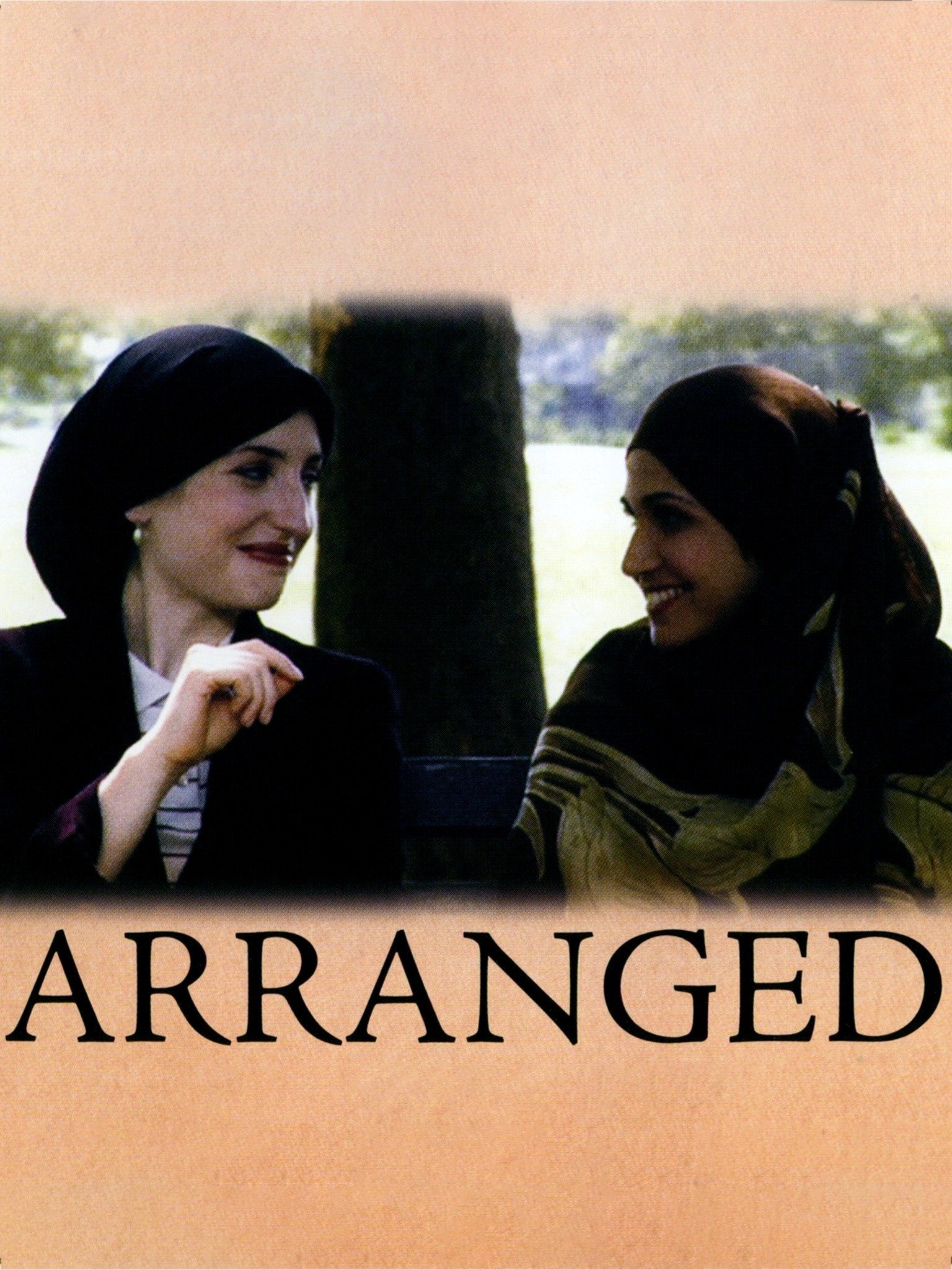

Progressive or not, sometimes social experiments like the TV show, Married at First Sight can be a recipe for disaster.


A 2013 IPSOS survey found that 75% of young Indians prefer an arranged marriage over a free-choice one. It is not unusual for this process to only take a few days. Then, both parties get to veto the match or not and decision time is nigh. There is an initial gathering and the couple get the opportunity for chaperoned dates. A typical marriage of this kind starts off with the individual’s parent’s screening and finding prospective mates through their social circle. Highly educated and westernised youth are still opting to choose an arranged marriage over a free-choice one. As an increasingly progressive country, it is a phenomenon that continues to intrigue. In India, up to 90% of marriages are still arranged. So is it a case of deciding between the heart or the head? Or is anything really that simple? But there is evidence that arranged marriages have less chance of divorce than those unions when we choose freely. But it is hard to get our heads around the idea of tying your life to a stranger’s, let alone sharing a bed with someone you hardly know. Is romance overrated when it comes to the success of lifelong unions? Amanda Cassidy looks at the logic behind marrying a stranger.Īrranged marriages in rural Ireland were a common practice, a mere generation before my time.


 0 kommentar(er)
0 kommentar(er)
